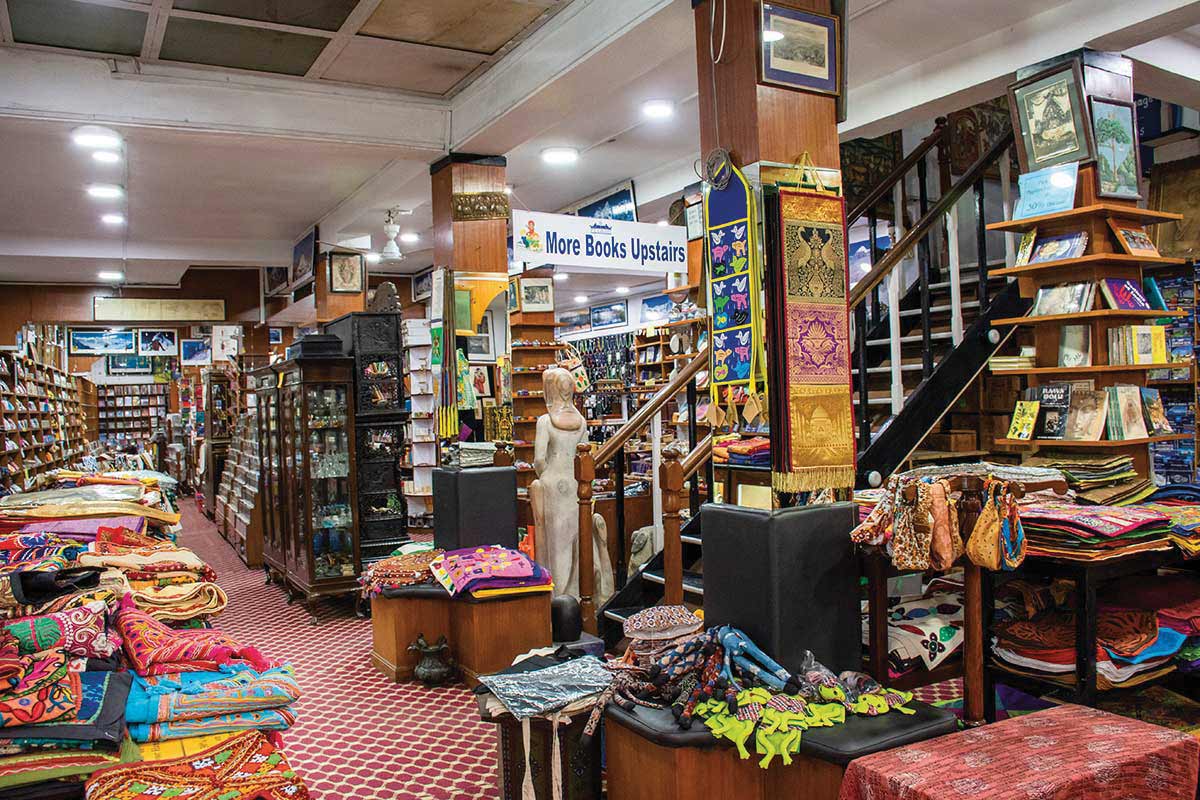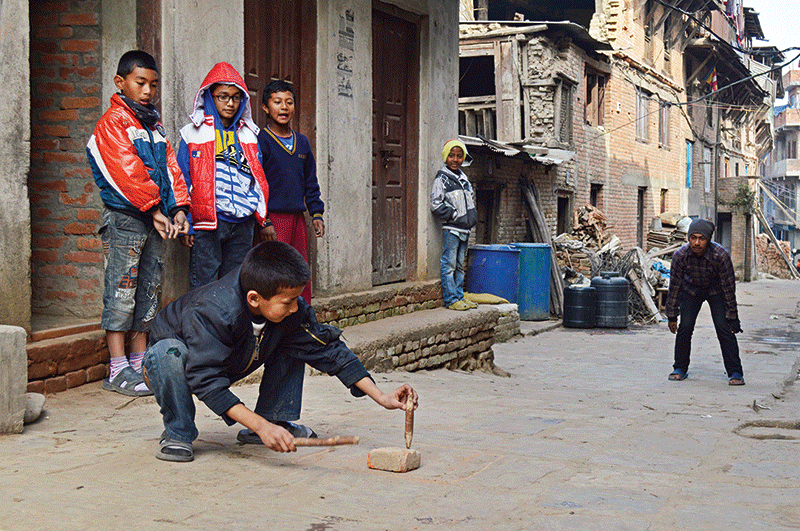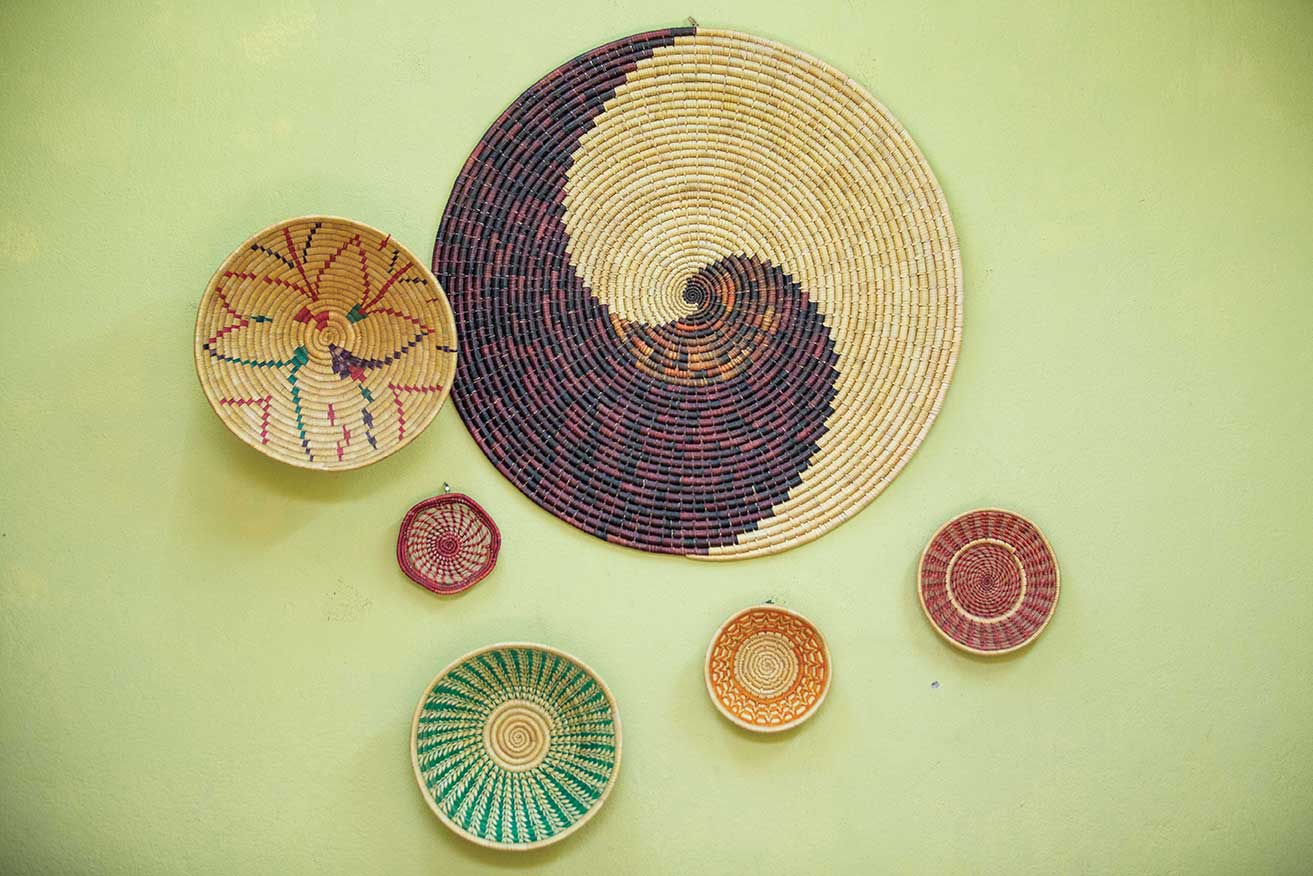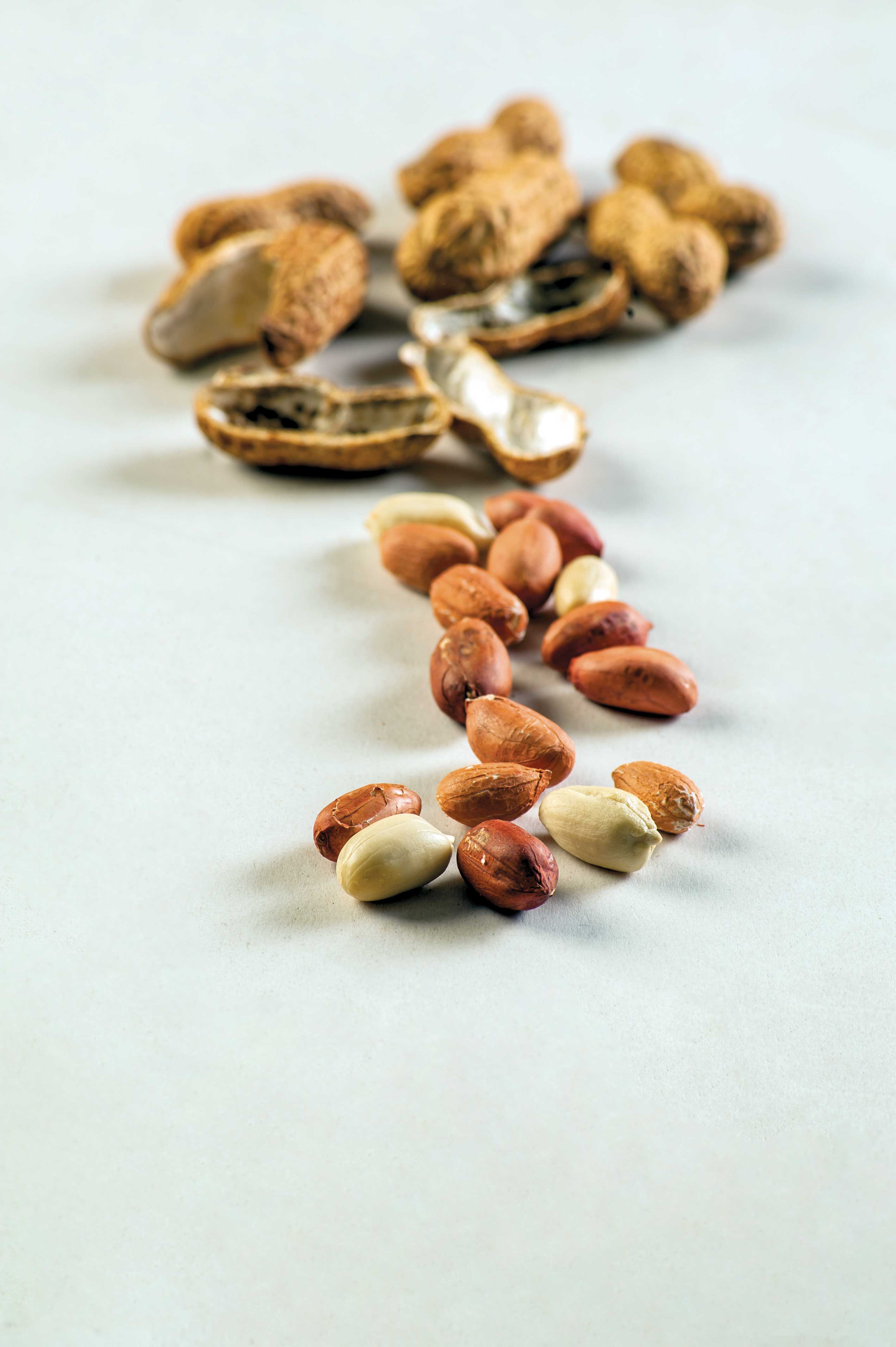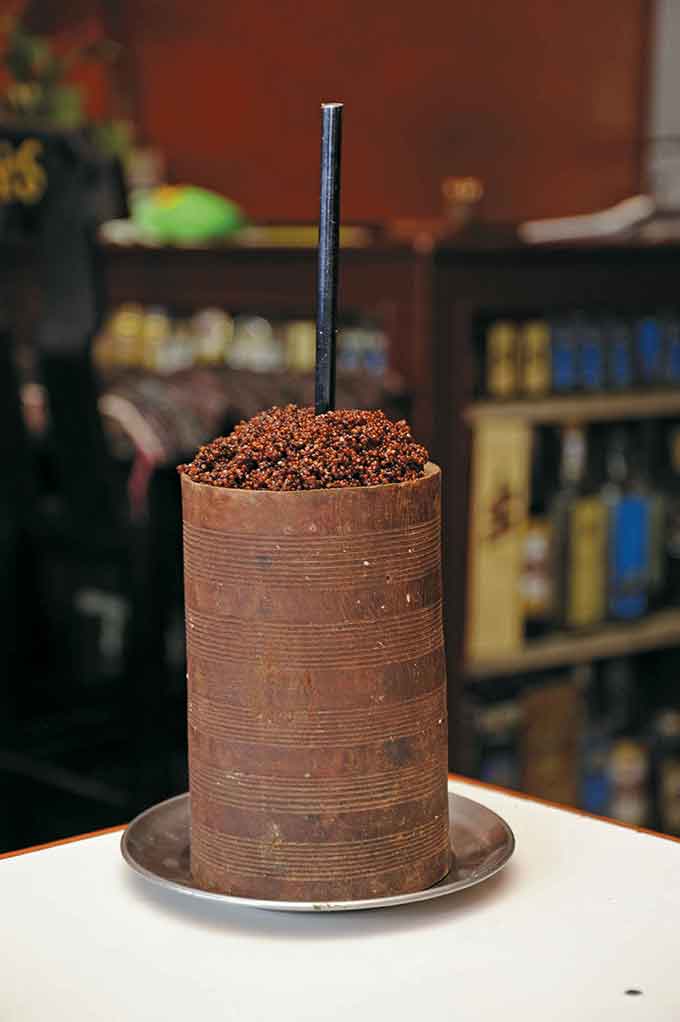People and, with them, things are moving fast. Where to? Why? Nobody has a plausible answer. What is this rush for? Have you ever tried to stop and notice the changes this onslaught of haste has brought about in our lives? It is alright to think that life is short and we should make the very best of the time at hand. But does that mean that we must live ignoring good things that life has to offer and be oblivious to the pleasure of being with our loved ones denying our very own existence.
It is now impossible to imagine that things did happen in the past when people didn’t have to scamper. Today, however, we must rush to ensure that things are on right course. Really? Are we on a right course? Weren’t those people before us who never succumbed to the whims of time on a right course? What we must bear in mind is that despite their leisurely manners they nurtured our culture with such a passion that centuries of disregard and disdain hasn’t been able to erase their imprint from our lives. The great many things they created in their leisure have existed longer than time itself, considering the periods that history is divided into.
How on earth they could do it? It’s strange and unbelievable for us to come home with the fact that those who built Pashupatinath, Swoyambhu stupa and palaces and temples of the Durbar Squares located in Kathmandu, Bhaktapur and Patan where also the same people who celebrated month long festivals in complete abandon. They had all the time in the world to not only do things that still amazes people from all around the world, but also take part in all the festivals, carry out endless rituals, be with their family on all small and big occasions, and just smile!
Look at the child playing on the street. What is he playing with? Most of us would remember playing like that with a bicycle wheel. But the child is too young to play with a bicycle wheel so he turns a nanglo—a traditional kitchen item weaved out of choya (bamboo bark), into one. The child is not concerned about the direction, like we all are, else he would be moving opposite as indicated by the arrow on the wall. But he is not moving, he is playing. Tomorrow is just another game for children, I read somewhere. Not the same for us grown ups.
Wheels govern our lives. Though we possess them we have lost the power to steer. The speed is defined, direction is set, and though we appear to be moving in a flat ground it is actually a whirlwind that nobody knows who set in motion to begin with. The reverse gear does not work inside this whirlwind. Once in, you just have to keep moving—forward or so it appears. We exist in the realm of reality and fantasy, swallowing the hard pill while living the former and buoyed by the allure of latter while adrift in our dreams.


